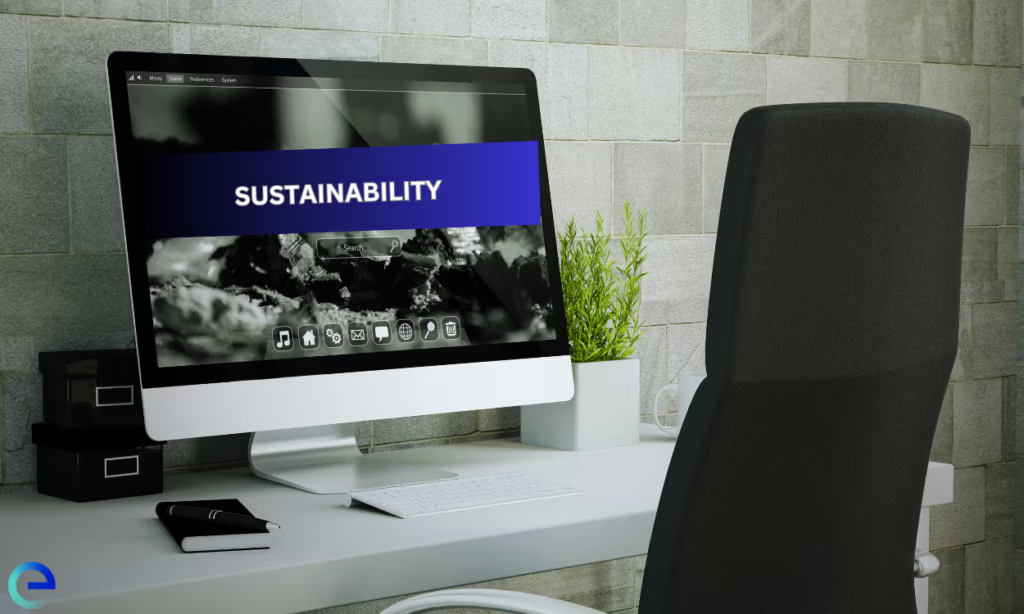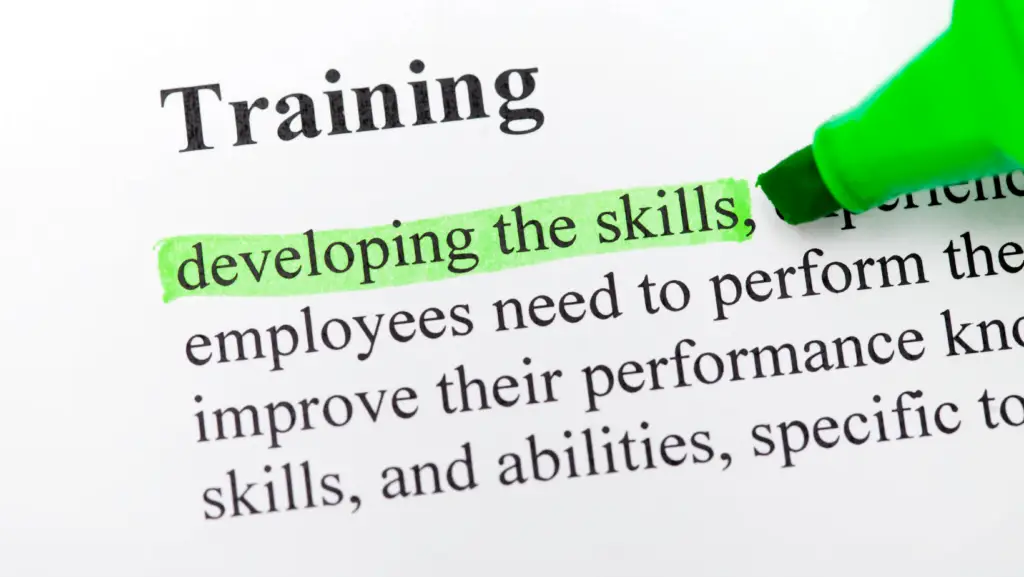
In the last years, the world has been witnessing a rapidly transforming shift in the global economy. It is normal for changes to occur, although there are periods such as the one we currently live in where they take place at a greater rate. Technological, demographic, and environmental advancements as well as societal changes are some of the factors that influence economic shifts.
To tackle global challenges, business ecosystems need to adapt and develop reflexes that will ensure not only their stamina for the new data but also the essential feature of organizational resilience. This is a critical component that all organizations need to have, especially during turbulent situations, post-pandemic, and escalating climate crises.
When we discuss economic resilience, we shouldn’t disregard that this is closely paired with climate resilience and the emergence of many threats but also opportunities due to climate impact.
As also spoken by business leaders, according to the World Economic Forum’s Innovators Community, policymakers and business decision-makers are asked to place sustainability at the core of their business practices. This is the path to support our planet but also to build on resilience and enhance the well-being of individuals and the workforce if we want to cope with the changing realities.
How is that done? By focusing on people, the backbone of all organizations and their personal and professional growth. Years of research have long established that education, sustainability, and ESG training are powerful levers that drive social stability and long-term financial growth.
As stakeholders become more engaged in a company’s impact on society and the environment and less in the traditional economic performance evaluation, ESG performance becomes equally integrated into a business strategy. Despite the common acceptance that investors examine a set of criteria to acknowledge a company’s sustainable impact, there is an argument over ESG’s reliability and legitimacy. The growing tendency toward questionable “green practices,” known as greenwashing, has exposed sustainability and ESG to deeper scrutiny.
In that sense, investors and stakeholders are looking to ensure that the metrics used are clear, quantifiable, and address key ESG issues. However, despite sustainability prioritization being a hot topic in business, it appears that a fundamentally comprehensive approach to ESG remains the greatest challenge. Socio-economic shifts and the accelerating pace of climate change underscore the necessity for enhanced skills-based ESG training.

Organizations have discovered a compelling yet challenging realization as a result of the increased adoption of sustainable practices. The green transformation goes beyond the traditional business bottom line. It is a very thorough mix of generating economic growth while also protecting resources and ensuring socially responsible operations, business models, and cultures. Does this sound overwhelming? Most probably, as therein lies the essence of corporate sustainability.
One of the most important steps to consider during the transition phase is the foundational need to shape the company’s culture. To educate all stakeholders so they can speak the same language and embrace values and skillfulness to adopt sustainable processes.
People, the core of every business, are actively seeking to upskill and reskill themselves as new markets and business models emerge. LinkedIn’s Green Skills Report 2024 highlighted the rise in green talent compared to previous years, but it is nowhere near what’s needed. There is still an evident skills gap to be closed, and the vast majority of the workforce needs to be included in sustainability awareness to enable the shift to more eco- and green-friendly jobs, especially when it comes to addressing climate change and its impacts.
It is interesting to observe the correlation between the industries and sectors that go green and the blossoming of job opportunities. So, the more skill delivery that is centered on sustainability topics, the better the prospect of professionals being absorbed by a dynamic workforce and driving the development of sustainable economies globally.
The iFSSC Future Skills Report 2024 identifies, among other findings, how sustainability, AI skills, and data visualization have seen the highest overall increase in interest levels during the last two years, although time availability seems to be a serious constraint in obtaining them.
Speaking of a shift to sustainability, transformation means that the whole economy targets its efforts to make it happen. The skills must adjust accordingly so they offer the mastery professionals require to revolutionize their work.
Whether you belong to policymakers, business leaders, or the global workforce, make sure that you invest in ESG training and benefit from the learning resources to increase the intensity of ESG in your sector and region.
Choosing the perfect option can be a perplexing process due to the abundance of options available.
Staying relevant
What are sustainability and ESG, and how are they applied to a business strategy? Most professionals lack awareness, and they lack a relevant grasp of current and future sustainability and ESG legislation. Engaging with stakeholders is pivotal, so explore and apply the best practices, such as a well-structured materiality assessment.
Strategic Thinking
Organizations aim to enhance their ESG performance. A clear understanding of the standards and frameworks, as well as market demands and current trends, can unlock the detection of opportunities to help you bring about organizational change.
Innovation
New situations show up, especially due to the exponential curve of climate change, which urges organizations globally to be resilient and forward-thinking. But how can this happen if there isn’t acknowledgement of the risks and challenges? To design and enhance an ESG strategy that will move your business forward, you must commit to all-encompassing learning that permits you to reach goals and deal with the climate crisis in the long run.
Embracing leadership
To effectively overcome the barriers and apply practices that smooth the transit of an organization to the future, such as a circular economy approach, professionals are requested to demonstrate a leadership attitude.
Search, find, and learn how to apply best practices from case studies globally. Even if your company is limited and not ready to take on tasks or required by law, you can advocate for change with practical information.
Regardless of your background or experience, whether you are a manager or a leader in any industry, if you appreciate the momentousness of owning a green skill set, it will help you develop and maintain an eco-rich mindset to drive organizational success and change.
Get started and use the practical knowledge and tools to take the necessary steps as a professional and as an organization. Explore your options and find out how you can influence and make a difference with proper sustainability awareness.
